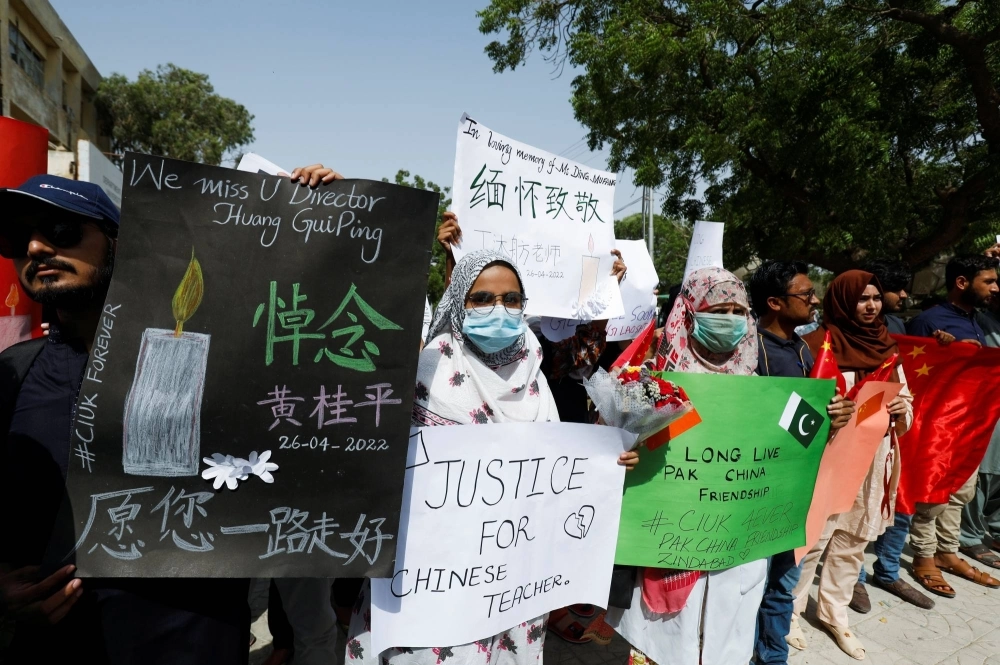Of foreigners who fall victim to terrorism in Pakistan, Chinese people are the most represented group.
Consecutive attacks have left China with a Hobson's choice. Either roll back the $62-billion China-Pakistan Economic Corridor (CPEC), one of the key arteries of Beijing’s Belt and Road initiative (BRI), and quit Pakistan, or join Islamabad in its war on Islamists and separatists.
Over the past decade, China has directly invested $25.4 billion in various transport, energy and infrastructure projects related to CPEC in Pakistan. Since 2015, 28 projects worth $18.8 billion have been completed and other projects worth $34 billion are under different phases of planning or execution. It is estimated that Pakistan’s external debt has increased to $100 billion, with more than $30 billion owed to China.


















With your current subscription plan you can comment on stories. However, before writing your first comment, please create a display name in the Profile section of your subscriber account page.